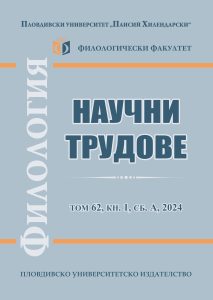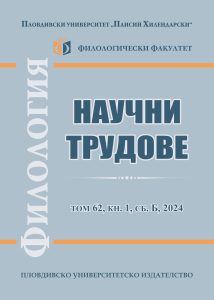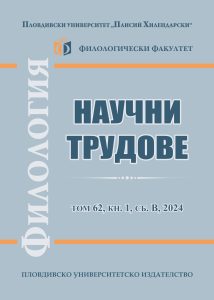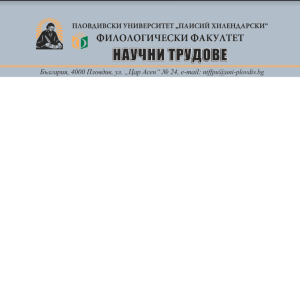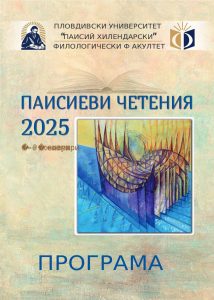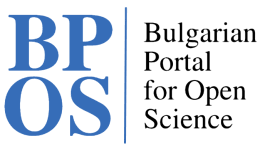Contribution to editorial decisions
Peer review of a manuscript is the main instrument that assists the Editor-in-Chief in making editorial decisions and through the editorial communication with the author may also help the author with improving the manuscript. The review is expected to be based on objective academic criteria, be dependable and comprehensive and have a clear statement giving one of the four possible recommendations outlined in the section Peer Review Policy . In addition, by being an essential component of formal scholarly communication, a peer review contributes to establishing reliable principles of analysis and high-quality research standards which is one of the main aims of the series.
Promptness
Any selected expert who feels unqualified to review the research reported in a manuscript or knows that its prompt review will be impossible is expected to notify the editorial office and decline to participate in the review process so that the manuscript could be sent to another reviewer in a timely manner.
Confidentiality
Any manuscripts received for review must be treated as confidential documents. The review or information about the paper should not be shared with anyone except for the Editor-in-Chief or the respective member of the Editorial Council responsible for the contact. The author of the manuscript should not be contacted directly without permission from the editorial office.
Unpublished materials disclosed in a submitted manuscript must not be used in a reviewer’s own research unless a written consent from the author is received. Privileged information or ideas obtained through peer review must be kept confidential and not used for personal advantage.
Standards of objectivity
Reviews should be conducted objectively. Personal criticism of the author is not acceptable. The reviewer’s opinion and suggestions must be expressed clearly with supporting arguments so that they can serve as a reliable basis for improving the quality of the paper.
Acknowledgement of sources
A very important responsibility of the reviewers is to ensure that the relevant sources have been mentioned in the paper. Any statement in the manuscript that an observation, argument, or conclusion has been previously reported in a published work should be accompanied by the relevant and correct reference. A reviewer should also state in their review all significant similarities or overlap between the manuscript being reviewed and any other published paper of which they have personal knowledge. Any such statement should be accompanied by a relevant citation.
Disclosure and conflicts of interest
Unpublished materials disclosed in a submitted manuscript must not be used in a reviewer’s own research without the written consent of the author. Privileged information or ideas obtained through peer review must be kept confidential and not used for personal advantage. Reviewers should not consider manuscripts in which they have conflicts of interest resulting from family, collaborative, or competitive relationships with any of the authors.
*Peer reviewers do not get paid for their contribution to NTFFPU.


